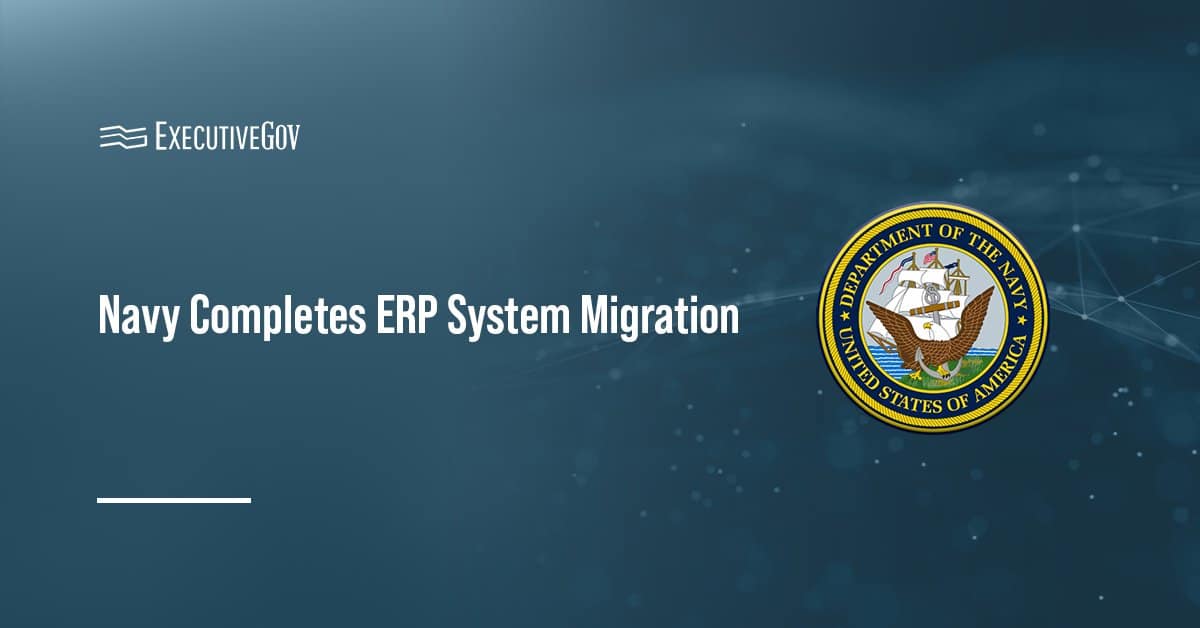Rob Beutel, deputy chief information technology officer of the U.S. Air Force, has said that telework operations did not prevent his team from evaluating new technologies through online demonstrations, FedScoop reported Thursday.
Beutel told attendees at a GovLoop webinar that his office increased virtual interactions with research institutions and academic entities with the prevalence of livestreaming events and conferences amid the ongoing pandemic. “Now, on a daily basis we can meet with [any] company,” he noted.
Beutel and his team were previously required to set up meetings with key stakeholders in Washington, D.C., and the Silicon Valley area for technology demos with Department of Defense (DoD) networks.
His office also worked to ensure the sufficiency of laptops for airmen and civilians deployed around the world, according to the report.





